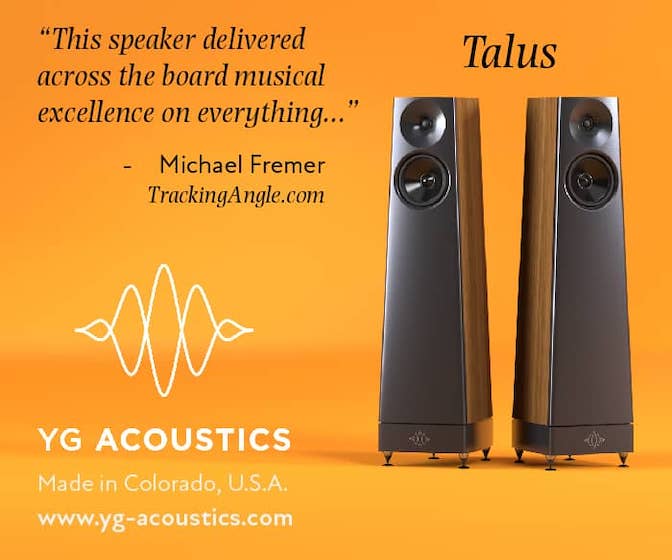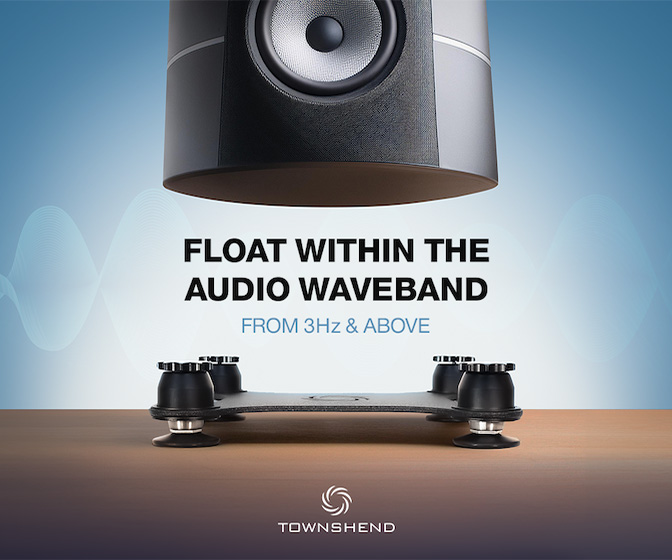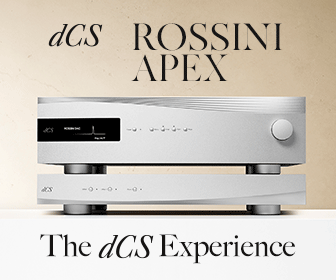Sullivan Fortner's wild solo ride
The pianist jags new paths over standards and mystery-tours
Sullivan Fortner is best known as singer Cécile McLorin Salvant’s main pianist, but he was dazzling New York jazz aficionados for a few years before that gig materialized, and, like Salvant, he keeps getting better—more imaginative, more ambitious, more open to taking big risks.
His latest, Solo Game (Artwork Records), is two very different albums in a single two-CD set. The first, Solo, is an acoustic-piano solo session, covering a wide array of jazz and pop standards (Rodgers & Hart’s “I Didn’t Know What Time It Was,” Ellington’s “Come Sunday,” and a head-spinning take on Stevie Wonder’s “Don’t You Worry About a Thing,” among others). The second, Game, is a wild blitz of electronica—Fortner overdubbing on piano, Hammond B3, vibes, celeste, chime tree, Moog, hand percussion, rank maker, egg shaker, and other sound effects (as well as vocalizing, on one track by Salvant).
Solo is a thrill. His producer, the great pianist Fred Hersch, asked Fortner to jot down the titles of all the songs he might want to play. Hersch picked one from the studio booth and had Fortner play it in one take, no start-overs or re-dos. Then Hersch picked another song. He picked six songs per session, over four sessions; then they whittled the files down to nine. Hersch says in the liner notes that he would have been fire using any of 20. He also refers to Fortner as “one of the best pianists in the world today,” and one would be hard put to disagree.
One remarkable thing about this disc is that, even restricted to one take, Fortner holds back nothing, covering the tunes in ways that nobody ever has (that few, I suspect, could imagine), and they all sound like elaborate, finished pieces. He doesn’t squeeze out the melody of “I Didn’t Know What Time It Was” until just before the end of his rendition; when it finally emerged, I thought to myself that what he’d been playing up to that point sounded nothing like the actual song, yet, on second listen, it was clear that it was all of a whole, that Fortner had the path laid out all along.
The second disc, Game, which is co-produced by Fortner and Salvant, is another matter. It’s very interesting, even exciting, but it doesn’t hold together quite as tight. Then again, I’ve listened to it only twice. The second time, I heard more connections; maybe it will jell even more with further hearings. Or it could just be a matter of sensibility. According to the second set of liner notes, by Jason Moran (another huge admirer, and former teacher, of Fortner), much of this disc was inspired by video games (hence the title); not that there’s anything wrong with that, but I’m just not into them.
Both discs sound very fine. Solo has engineer James Farber capturing the piano’s tones and overtones in ways he’s longer mastered. Game lets Andy Taub and Samuel Wahl, also fine engineers, have a lot of high-spirited fun.
Two caveats. First, it's a bit cheesy for Disc 2 to end with Hersch and Moran reading their liner notes out loud. Second, the gatefold CD cover is a bit of a mess. The specs and credits for Solo are attributed to Game, and vice versa. Otherwise, the art design, like the album itself, is fine and lively.












































